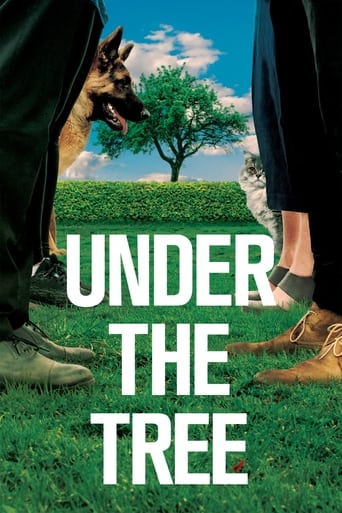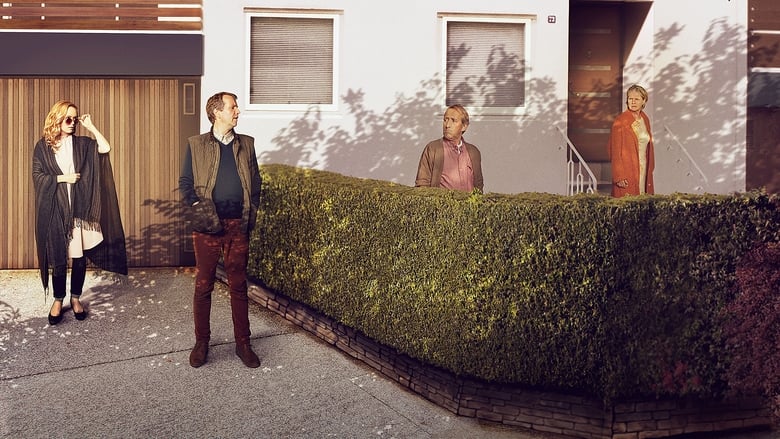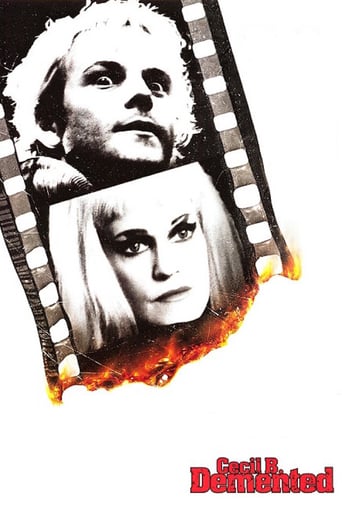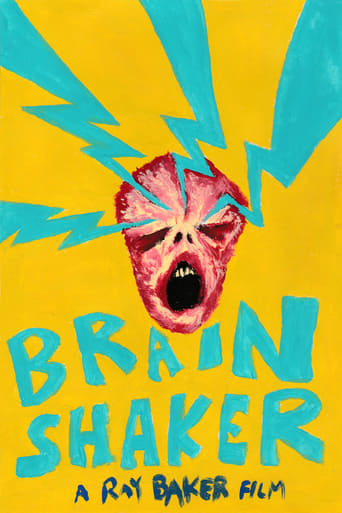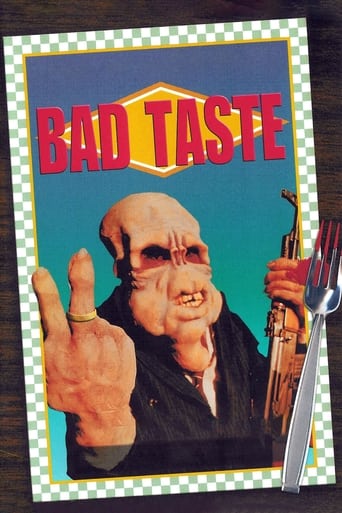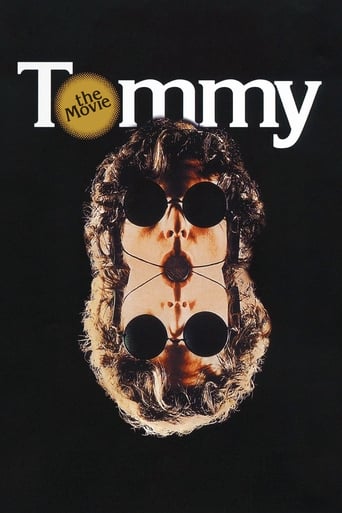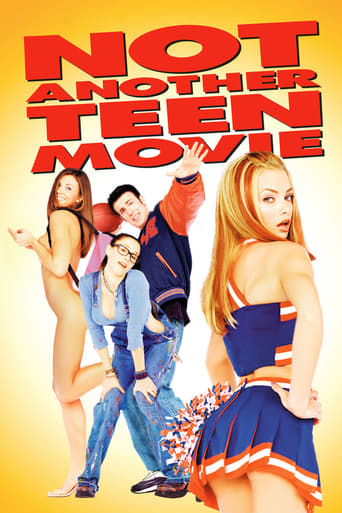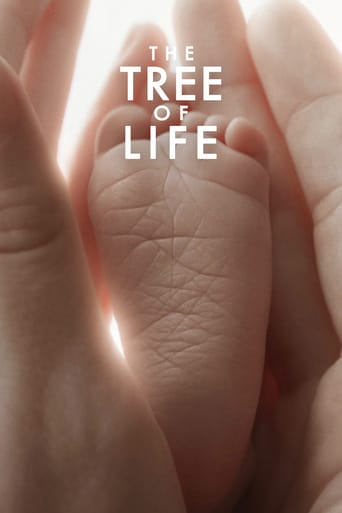Under the Tree (2018)
When Baldvin and Inga's next door neighbours complain that a tree in their backyard casts a shadow over their sundeck, what starts off as a typical spat between neighbours in the suburbs unexpectedly and violently spirals out of control.
Watch Trailer
Free Trial Channels
Cast


Similar titles
Reviews
Load of rubbish!!
The performances transcend the film's tropes, grounding it in characters that feel more complete than this subgenre often produces.
A movie that not only functions as a solid scarefest but a razor-sharp satire.
It's simply great fun, a winsome film and an occasionally over-the-top luxury fantasy that never flags.
Anyone who knows anything about Scandinavian cinema knows two things. The first is that Nordic noir is huge at the moment. Originally used to describe crime fiction told from the perspective of the police (good examples are Maj Sjöwall and Per Wahlöö's Martin Beck novels, Henning Mankell's Kurt Wallander novels, and Jo Nesbø's Harry Hole novels), the term has more recently been employed in relation to a wider-ranging genre of television shows (Forbrydelsen (2007), Bron/Broen (2011), Ófærð (2015), Fortitude (2015), Midnight Sun (2016)) and films (Insomnia (1997), Mýrin (2006), ID:A (2011), Jagten (2012)). The other thing that anyone familiar with Scandinavian cinema knows is that Nordic comedy is jet black, with its opacity often such that non-Nordic audiences are left asking "was that really a comedy?" Not necessarily because they didn't find it funny, but because they're not entirely sure what parts they were supposed to find funny, how they were supposed to find it funny, even if they were supposed to find it funny.I'm thinking of films such as Trolljegeren (2010) (found-footage of a trollhunter, who operates by weakening his quarry with the sounds of Christian rock), Rare Exports (2010) (a research team in Lapland find a massive underground chamber, in which is held a hibernating Joulupukki, the murderous Scandinavian precursor of Santa Claus), Iron Sky (2012) (Nazis living on the moon since 1945 return to earth to re-establish the Third Reich), Hundraåringen som klev ut genom fönstret och försvann (2013) (the 100-year-old resident of a nursing home escapes from a window and has a series of adventures), Kraftidioten (2014) (a snowplough driver starts a gang war whilst seeking vengeance for the death of his son), Hrútar (2015) (two brothers who haven't spoken in decades must work together to save a herd of sheep), and Mænd & høns (2015) (a group of five middle-aged half-brothers learn of one another's existence for the first-time). In Iceland, the term used to describe this kind of comedy is "gálgahúmor" ("gallows humour"), and it's a style which is often lost on international audiences - as the brief plot summaries above suggest, it often focuses on dark subjects which one wouldn't immediately recognise as comic - what we might term, only partially correctly, as "tragi-comedy". And so, with all of this in mind, we have Undir trénu, as textbook an example of gálgahúmor as you're likely to find.Written by Hafsteinn Gunnar Sigurðsson and Huldar Breiðfjörð, and directed by Sigurðsson, the film begins with Agnes (Lára Jóhanna Jónsdóttir) accusing her husband, Atli (Steinþór Hróar Steinþórsson), of cheating. Although he denies it, she throws him out, and he returns to his parents, Baldvin (Sigurður Sigurjónsson) and Inga (Edda Björgvinsdóttir). A shadow hangs over the family in the shape of the disappearance years earlier of Atli's older brother, Uggi. Whilst most people, including Atli and Baldvin, believe Uggi committed suicide, Inga refuses to accept this, still expecting him to return home at some point. Next-door live Konrad (Þorsteinn Bachmann) and his wife Eybjorg (Selma Björnsdóttir), who is closer in age to Atli than she is to Konrad himself. The two couples are in the midst of a passive-aggressive dispute concerning a large tree in Baldvin and Inga's garden, which is casting a shadow over Konrad and Eybjorg's sundeck. Baldvin is open to the possibility of trimming it, but Inga point-blank refuses, arguing that Konrad's first wife never had a problem with it, and it is only because of Eybjorg's vanity that there is an issue now.All of this is set up within the first ten minutes or so, and what plays out for the rest of the film is a juxtaposition of the two main conflicts - that between Agnes and Atli on the one hand, and that between the neighbouring couples on the other - as each becomes more and more bitter, and the parties involved more extreme. And this is essentially the film's bread-and-butter - a serious marital conflict contrasted with a farcical neighbouring conflict, with each commenting upon and informing the other; no matter how serious the dispute regarding the tree becomes, it is always tempered and rendered preposterous by the much more consequential issues playing out between Atli and Agnes. Likewise, no matter how acrimonious that conflict becomes, it is always called into relief by the comic elements in the dispute concerning the tree.This is how a lot of gálgahúmor works - the serious and the absurd placed alongside one another so as to create a somewhat unrealistic milieu. An especially good example of this in Undir trénu can be found in the opening scene, which plays out in a more conventional comic style than is typical of the genre, before a tonal shift renders everything far less humourless. The film begins with Agnes and Atli going to bed, as Agnes puts in ear-plugs, and the sounds of a couple having sex can be heard on the soundtrack. The film then cuts to a shot of a couple in bed, with the sound bridging the cut, and letting the audience know this is the same couple heard in the previous scene. Except it isn't. Another cut reveals that some time has passed, and the couple in bed is actually a film Atli is watching on a laptop in the living room. Wearing headphones, he doesn't hear Agnes come in, and as he begins to masturbate, she asks him if he's watching porn. Slamming the laptop shut, he jumps up and flat out denies it. However, he is unaware that the porn he was watching is now playing on the computer screen behind him, in full view of Agnes. All pretty funny up to this point. However, the farcical manner in which the scene has progressed thus far is undermined as Agnes realises he hasn't been watching professional porn - rather, he has been watching an amateur video, in which he is the star. The multiple misunderstandings and layered realisations, coupled with a well-handled manipulation of audience expectation (and an excellent example of an L cut being used thematically) render the scene farcical, but only up until the point Agnes recognises Atli on screen. Here, the tone shifts dramatically as the film essentially switches genres mid-scene.Another example of such a shift is found during a resident's meeting in Agnes and Atli's apartment block. The meeting has been called by an especially fastidious resident to address the loud love-making of a young couple - the same couple heard in the opening scene. As the irritated chair and his heavily pregnant wife detail all they've had to listen to at night, including a truly hilarious reaction to the young couple's dirty talk, the scene plays out in a fairly conventionally comic way (the addition of a hard-of-hearing neighbour who doesn't understand what all the fuss is about is particularly funny). This comic element is maintained when Agnes attempts to embarrass Atli by standing up and asking the residents if they think it's normal that he films himself having sex with women and then masturbates to the footage, to which the man in the loud couple nonchalantly responds "Sure." However, the scene darkens considerably when nobody reacts to Agnes's question the way she expected, and she is effectively dismissed and told to sit back down, leaving herself far more embarrassed than anyone. Comedy in the midst of heartbreak, tragedy transposed into humour.The film also features elements which are much more straightforwardly funny, albeit if relying on the audience's capacity to detect irony. For example, as Agnes and Atli's split becomes more and more bitter, Balvin chastises Atli, telling him that he and Agnes should have been able to sort things out by now, talking things through "like grown-ups". Good advice. Except, when Baldvin offers it, he is about to spend the night sleeping in a tent in his back garden so as to prevent Konrad (who had purchased a chainsaw earlier in the day) from cutting down the tree. Atli himself doesn't point this irony out to Baldvin, and it's up to the audience to read between the lines and see the absurdity on display.Unfortunately, however, for a film with such a farcical plot, it's immensely predictable. About twenty minutes in, I guessed how it would end - not just in terms of where the plot would go, but I literally guessed what the last shot would be. And I was right. A colleague of mine came to an identical conclusion when he was watching it. That kind of predictability is never good. It's also a little difficult to see what Sigurðsson is trying to say with the film. Part absurdist comedy-of-manners, part satire of first-world problems, there isn't a huge amount of substance here. Is the film offering up a commentary on the inherent pettiness that can come to dominate divorce proceedings, or is it more concerned with mocking the self-importance of middle-class suburbia and the attitude that an argument about a tree can be seen as more important than the breakup of a marriage?Also, when the inevitable happens, and the humour gives way to inexorable darkness, with the two conflicts dovetailing, and tragedy enveloping all six main characters, I don't think Sigurðsson handles the transition especially well. Rather than allowing the material to become as ultra and unironically serious as he does, perhaps maintaining a comic through-line would have been more effective (Kraftidioten is a good example of how to do this - although the film gets exceptionally dark in the final act, which features precious little seemingly worth laughing at, it maintains its comic edge, right up until, literally, the last shot). Undir trénu lets the comedy drop away entirely, and although the last scene may be an attempt to share a wink with the audience, it comes on the back of a couple of scenes which weren't especially well integrated into the tone of the preceding narrative.
Thrown out of the marital home when his wife catches him watching a sex tape featuring him with a woman who is not her, the foolishly-tatooed Atli (Steinþór Hróar Steinþórsson) slinks back to the home of his parents, Inga and Baldvin (Edda Björgvinsdóttir and Sigurður Sigurjónsson). But they are distracted not only with mourning for Atli's brother, who disappeared many years ago, but also by a feud with their next-door neighbours (one of whom, I was delighted to realise, is played by Selma Björnsdóttir, runner-up of the 1999 Eurovision Song Contest!) The feud concerns a tree in Inga and Baldvin's garden which casts a shadow over the neighbours' lawn. As Atli goes about trying to win access to his daughter, the neighbourly feud spirals out of control.It seems that most films from Iceland are given the 'black comedy' tag, but this one is darker, and has less comedy, than most: although the feud's ultimate resolution would be unlikely to happen in real life, it is all too easy to imagine real life getting at least close to the film. As for Atli's storyline, after the initial 'ho ho ho, his wife caught him looking at a sex tape' moment, there are no laughs there. In fact, Atli's storyline is one of the main flaws of the film: it is interesting in a soap opera sort of way, but it is not obvious why so much time is spent on it when the focus of the film is supposed to be, presumably, the feud over the tree. It is almost as if the writers, Huldar Breiðfjörð and Hafsteinn Gunnar Sigurðsson (the latter also directed) could not spin out the feud to fill the entire film so thought they would use Atli's situation as padding. Another flaw of the film is poor lighting: interior scenes, especially, often look bleak and washed-out. While that may be intended to set the tone of the film, the viewer can not help wondering why these people in their nice houses do not switch on a few lights...Acting honours go to Björgvinsdóttir, who does a very nice turn as a parent whose grief over her other son's disappearance finds relief only in her antipathy to her neighbours. Sigurjónsson's portrayal of her husband, unsure how to cope with her, is also good, although he loses his admirable subtleness in the final few minutes and descends into acting-by-numbers, which is a shame. Steinþórsson is competent in his soap opera role. As the neighbours, I particularly enjoyed Þorsteinn Bachmann and the afore-mentioned Björnsdóttir's realistic portrayal of joyful relief when their missing dog turns up on the doorstep - all the more poignant for the viewer, who knows the dog is not as healthy as he at first seems...
Have a lot of love for foreign language films, of all decades and all genres. That and that it was another film seen as part of my quest to see as many 2018 films as possible were my main reasons in seeing 'Under the Tree' from Icelandic director Hafsteinn Gunnar Sigurdsson. 'Under the Tree' is a truly fine film and manages to take a relevant subject (feuding neighbours) and explore it in a way that was hilarious, shocking and moving. It won't be one of my favourite films any time soon, but in no way should it be overlooked and should be seen as an example of how to execute a film with a subject like this well. Sadly, 'Under the Tree' has been released here alongside more expensive in budget films that have been quite big box office successes and films that people are more likely to go and see. While having enjoyed many of the films in question (in no way is it intended to be knock), 'Under the Tree' is better than most of them and deserves better.Sure 'Under the Tree' is occasionally a touch overcooked and some may find some of the behaviours extreme. However, Sigurdsson directs with a perfect balance of hilarious mayhem and melancholic pathos. This is also reflected in the thought-provoking script he scripted with Huldar Breidfjord. Many parts are hilarious in a dark way, others genuinely shock and there are emotional parts too, all in a way that is kept plausible throughout. Neighbour feuding sounds insignificant on paper to some, but 'Under the Tree' makes it darkly funny, disturbing and melancholic, a not easy feat but beautifully done here.The storytelling is always compelling, with the tensions having a bleakness and ferocity while still entertaining and emotionally resonating. There is a good deal happening, but not in a way that it feels cluttered with too many characters and subplots, instead there is enough breathing space and depth while having an alertness to the drama. A good cast would be needed to bring all this life. Luckily, 'Under the Tree's' cast is excellent. Particularly note-worthy of a cast where everybody is good and nobody bad is Edda Bjorgvinsdottir on fiercely intense form, her character near-unhinged. It is a very well made film visually, beautifully shot in particular. The music is inspired, appropriate and cleverly used.Overall, great and shouldn't be forgotten. 9/10 Bethany Cox
The story reminds me old Icelandic sagas, the conflict between neighbors and the sad end but i don't find anything depressing in this movie, just shows how fool and stubborn some people are.

